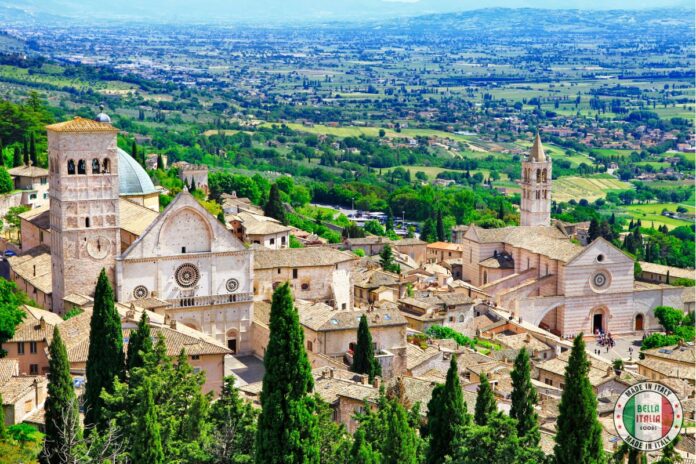Umbria, often referred to as the “Green Heart of Italy,” is a landlocked region in central Italy that captivates with its stunning natural beauty, rich cultural heritage, and vibrant culinary scene. Known for its rolling hills, medieval towns, and lush vineyards, Umbria offers a tranquil escape for travelers seeking an authentic Italian experience. In this comprehensive guide, we’ll delve into Umbria’s location, climate, history, key cities, culinary delights, agricultural highlights, tourism, and major attractions.
Location and Climate

Located in central Italy, Umbria is bordered by Tuscany to the west, Marche to the east, and Lazio to the south. Unlike many other Italian regions, Umbria does not have a coastline, but it boasts a diverse landscape of hills, mountains, valleys, and plains. The Tiber River runs through the region, adding to its scenic charm.
Umbria experiences a temperate climate with distinct seasons. Summers are warm and dry, ideal for exploring the countryside and attending local festivals. Winters are mild in the valleys but can be colder in the mountainous areas, occasionally bringing snow. Spring and autumn are particularly pleasant, with mild temperatures and vibrant foliage, making them the perfect seasons for outdoor activities and sightseeing.
A Glimpse into History
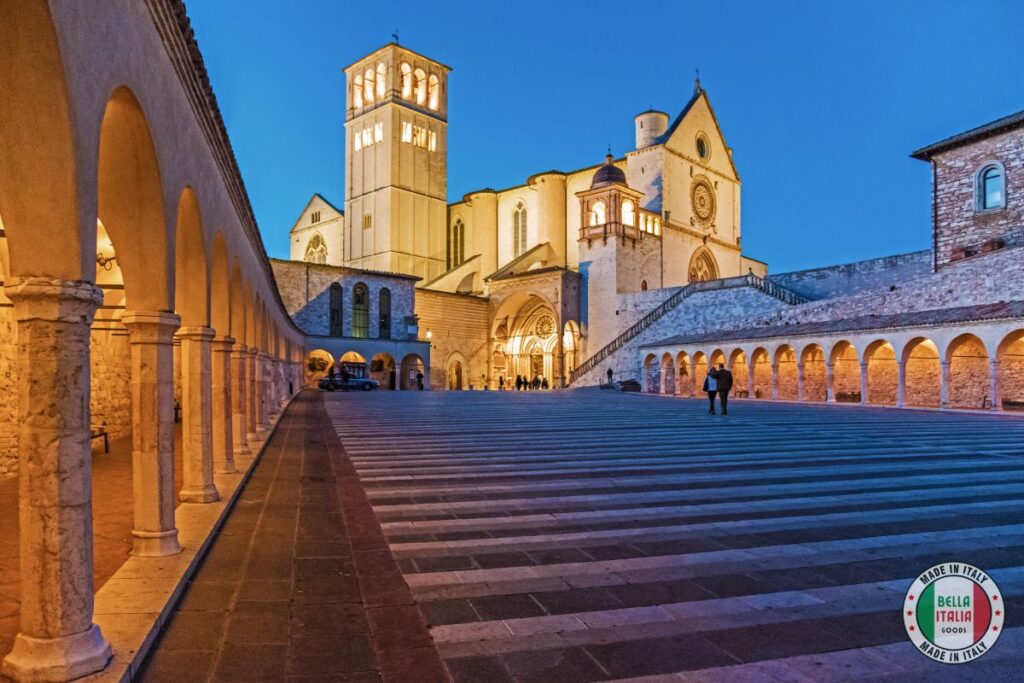
Umbria’s history is deeply rooted in its ancient past, with evidence of settlements dating back to the Etruscan and Umbrian civilizations. The region later became part of the Roman Empire, which left a lasting impact on its culture and architecture. During the Middle Ages, Umbria saw the rise of powerful city-states and the construction of many of its iconic medieval towns and castles.
The region played a significant role during the Renaissance, with artists such as Perugino and Pinturicchio contributing to its rich artistic heritage. Umbria also has a strong religious history, being the birthplace of several saints, including St. Benedict and St. Francis of Assisi, whose legacy continues to attract pilgrims from around the world.
Key Cities
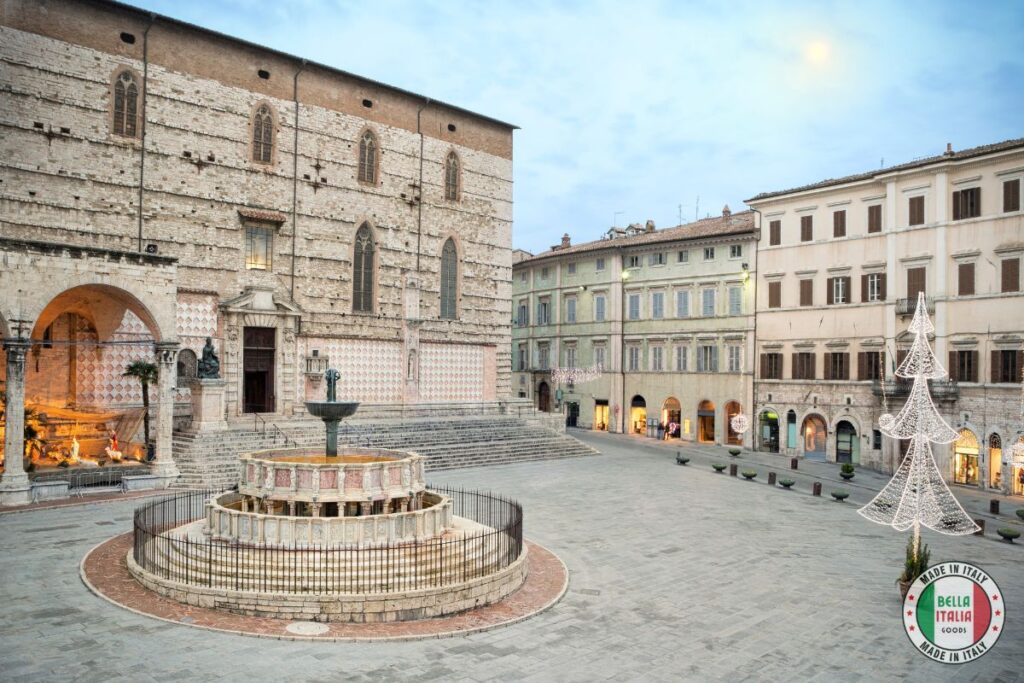
Perugia
The capital city of Umbria, Perugia is a vibrant university town known for its rich history, beautiful architecture, and lively cultural scene. The city is home to the University of Perugia, one of the oldest universities in Italy. Key attractions include the medieval Palazzo dei Priori, the Fontana Maggiore, and the National Gallery of Umbria.
Assisi
Famous as the birthplace of St. Francis, Assisi is a UNESCO World Heritage site and a major pilgrimage destination. The Basilica of St. Francis, with its stunning frescoes by Giotto, is a highlight, along with the Rocca Maggiore fortress and the charming streets of the old town.
Orvieto
Perched on a volcanic rock, Orvieto is known for its striking cathedral, the Duomo, which features a façade adorned with intricate mosaics and sculptures. The city also boasts the fascinating Orvieto Underground, a network of Etruscan tunnels and caves.
Spoleto
This picturesque town is renowned for its medieval architecture and the annual Festival dei Due Mondi, a major cultural event featuring music, dance, and theater. Highlights include the Rocca Albornoziana fortress, the Ponte delle Torri aqueduct, and the Spoleto Cathedral.
Todi
Often cited as one of the most livable towns in the world, Todi is a charming hilltop town with well-preserved medieval and Renaissance architecture. Key sights include the Todi Cathedral, the Palazzo del Popolo, and the Tempio di Santa Maria della Consolazione.
Culinary Delights
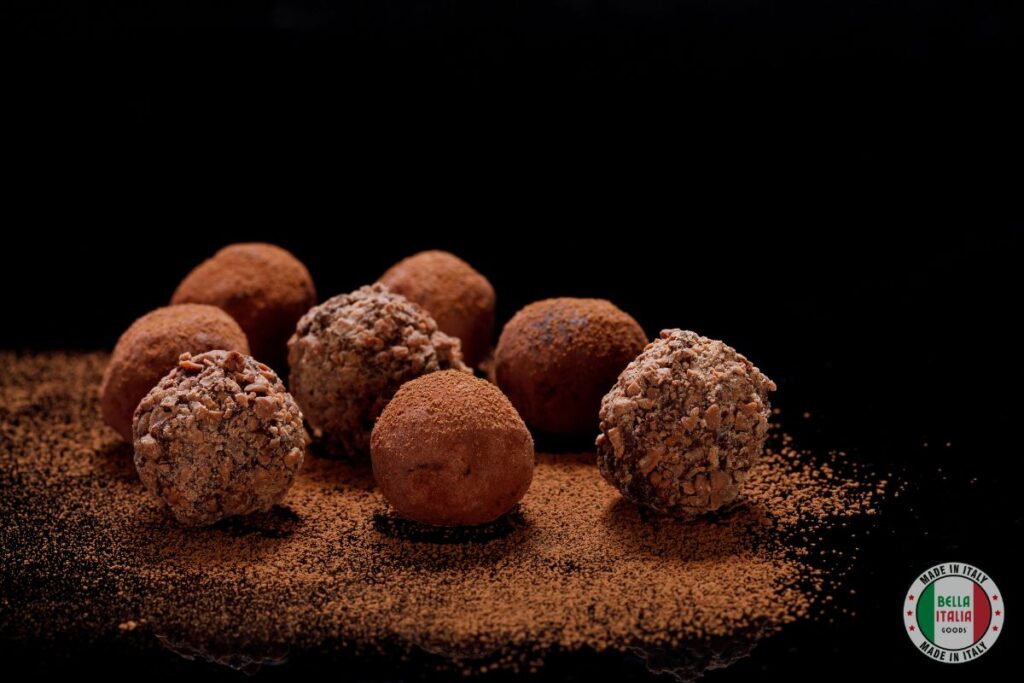
Umbria’s cuisine is a reflection of its rural roots and rich agricultural traditions. The region is known for its simple yet flavorful dishes, often featuring locally sourced ingredients. Key culinary highlights include:
Truffles
Umbria is famous for its black and white truffles, which are used to enhance a variety of dishes. The towns of Norcia and Spoleto are particularly renowned for their truffle production.
Porchetta
This savory, slow-roasted pork is seasoned with herbs and spices and is a popular street food in Umbria. It’s often served in a sandwich or as part of a traditional meal.
Pasta
Strangozzi and umbricelli are two traditional types of pasta commonly found in Umbria, often served with hearty sauces made from local ingredients like wild boar or truffles.
Legumes
The region produces high-quality lentils, particularly from Castelluccio di Norcia, known for their delicate flavor and tender texture.
Wine
Umbria is home to several excellent wines, including the robust red Sagrantino di Montefalco and the crisp white Orvieto Classico. Visiting local wineries for tastings is a popular activity.
Click here to browse Recipes from the Umbria Region
Agricultural Highlights
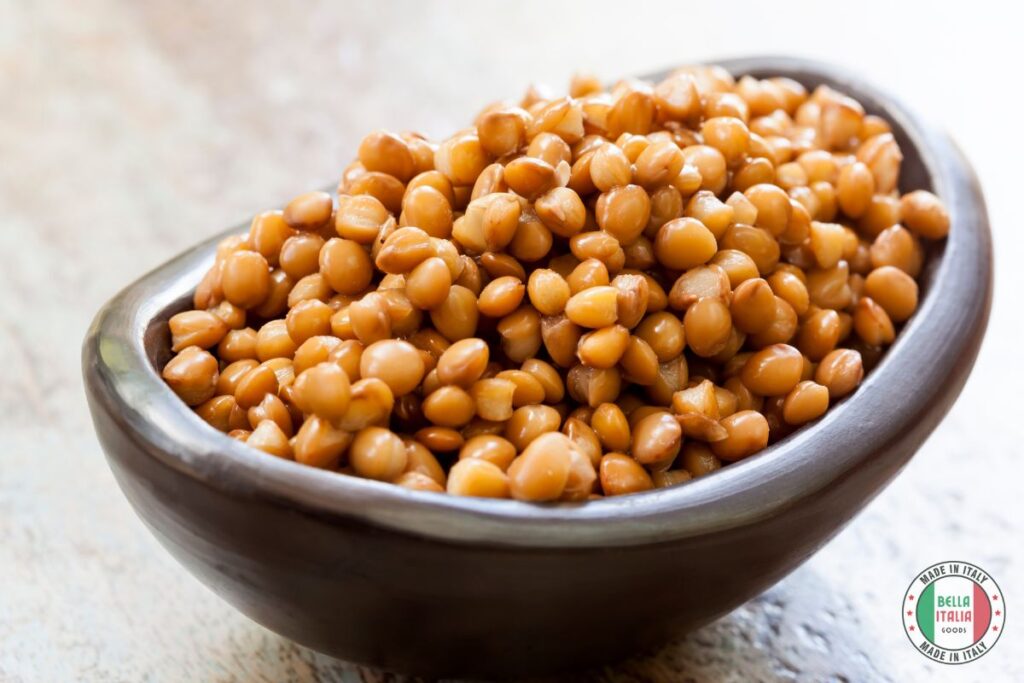
Agriculture plays a vital role in Umbria’s economy, with the region producing a wide range of high-quality products. Key agricultural highlights include:
Olive Oil
Umbria is known for its exceptional extra virgin olive oil, characterized by its fruity and slightly peppery flavor. The hills around Trevi and Spoleto are particularly famous for their olive groves.
Wine
In addition to Sagrantino and Orvieto, Umbria produces other notable wines such as Torgiano Rosso Riserva and Grechetto. The region’s vineyards are a key part of its agricultural landscape.
Lentils
The lentils from Castelluccio di Norcia are considered some of the best in Italy, prized for their delicate taste and nutritional value.
Tourism and Major Attractions
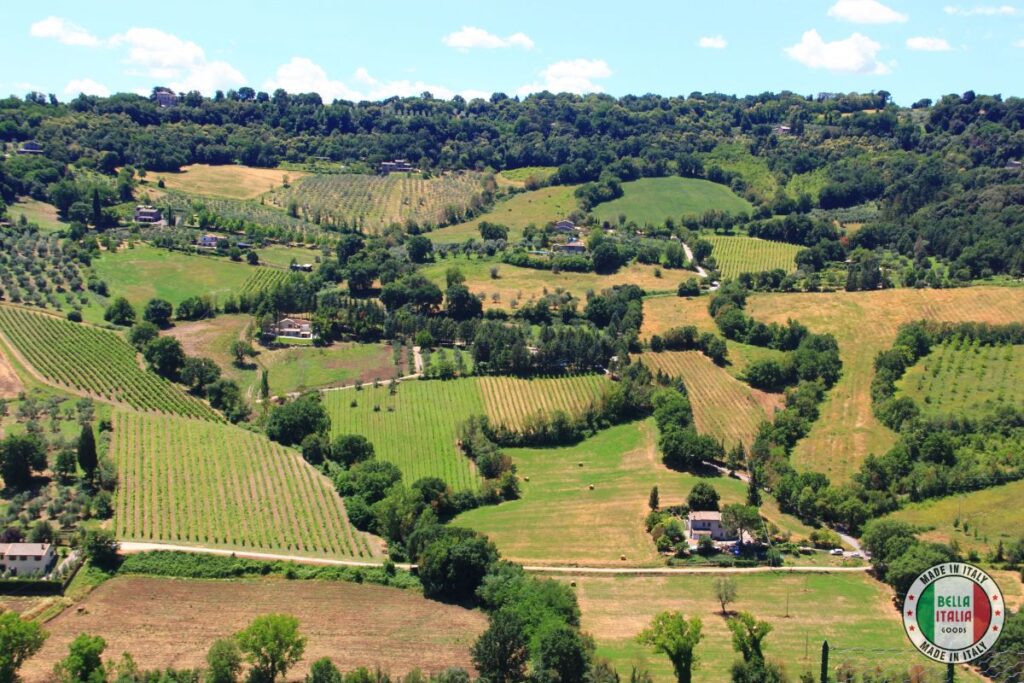
Tourism is a significant part of Umbria’s economy, with visitors drawn to its natural beauty, historic towns, and cultural events. Major attractions and activities include:
Basilica of St. Francis, Assisi
This iconic basilica is a pilgrimage site and an artistic treasure, housing frescoes by Giotto that depict the life of St. Francis.
Lake Trasimeno
The largest lake in central Italy, Lake Trasimeno offers opportunities for boating, fishing, and relaxing on its shores. The lake is surrounded by charming towns such as Castiglione del Lago.
Cascata delle Marmore
This impressive man-made waterfall near Terni is one of the tallest in Europe. It’s a popular spot for hiking and rafting.
Gubbio
Known for its medieval architecture and the annual Corsa dei Ceri race, Gubbio is a picturesque town with a rich history.
Spello
This small town is famous for its annual Infiorata festival, where the streets are decorated with elaborate floral carpets. The town also boasts beautiful frescoes by Pinturicchio in the Church of Santa Maria Maggiore.
Things to See and Do
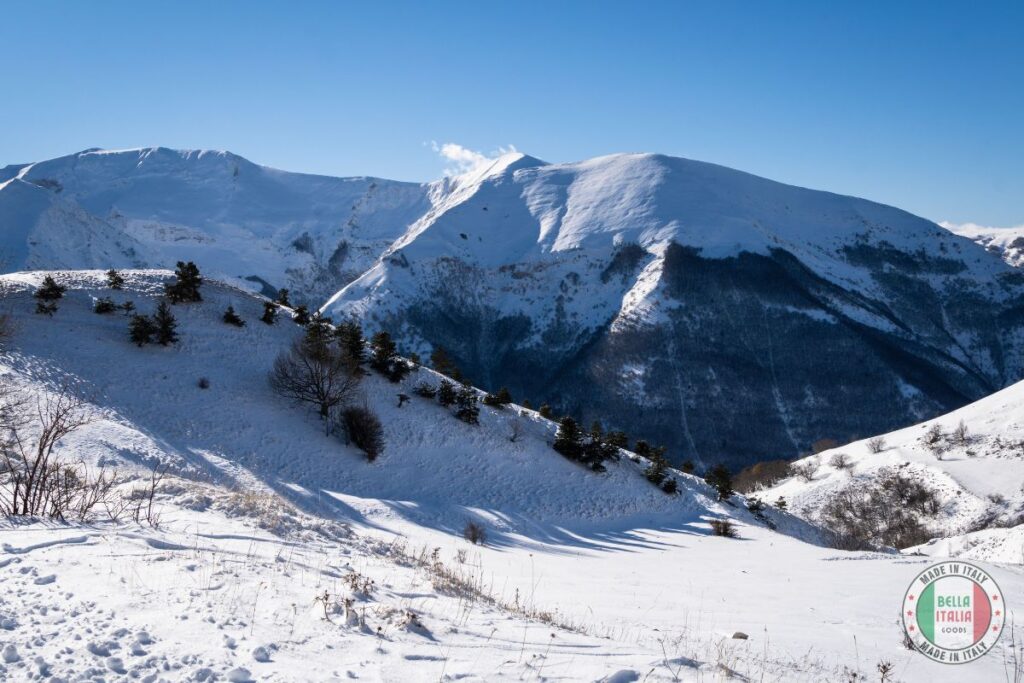
Whether you’re interested in history, art, nature, or food, Umbria offers a wide range of activities to suit all interests. Here are some top things to see and do:
Explore Medieval Towns
Wander the charming streets of towns like Perugia, Assisi, and Orvieto, each offering a unique glimpse into Umbria’s rich history.
Visit Wineries
Take a wine tour in the Montefalco or Orvieto regions to taste some of Umbria’s finest wines and learn about the local viticulture.
Hike in the Sibillini Mountains
The Monti Sibillini National Park offers stunning landscapes, diverse wildlife, and numerous hiking trails for outdoor enthusiasts.
Attend Festivals
Experience local culture and traditions at festivals such as the Umbria Jazz Festival in Perugia, the Spoleto Festival dei Due Mondi, and the Infiorata in Spello.
Taste Local Cuisine
Savor the flavors of Umbria by dining at local trattorias and participating in food tours that highlight regional specialties like truffles, porchetta, and olive oil.
Conclusion
Umbria, with its rolling hills, historic towns, and culinary delights, truly embodies the heart of Italy. Whether you’re exploring the medieval streets of Assisi, tasting world-class wines in Montefalco, or hiking through the stunning landscapes of the Sibillini Mountains, Umbria offers an unforgettable experience. This region’s rich history, vibrant culture, and natural beauty make it a must-visit destination for anyone seeking to uncover the authentic charm of Italy.
